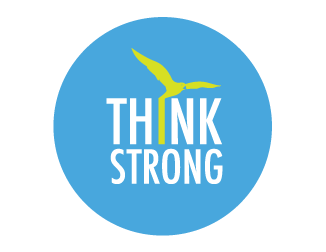Cognitive Behavioural Therapy (CBT)
Negative thoughts and beliefs play a significant role in the development and maintenance of conditions such as depression, anxiety or low self-esteem. Being able to challenge these beliefs can assist you in reducing distress and enhance your ability to cope with everyday life situations. CBT can also be used for a range of other conditions including family and relationship problems, addiction and eating disorders. Mind have put together an excellent video "making sense of CBT"
CBT works on the principle that negative beliefs need to be 'tested' to determine whether they are accurate. These thoughts can often be irrational misconceptions that we hold about ourselves, others and the world around us. These may serve to maintain an unrealistic and unhelpful belief system, which can affect us in many areas of life. Once recognised, these “cognitive distortions” can then be replaced with alternative interpretations that are more realistic and factually based. In doing so, you will be encouraged to think about life situations in a more helpful and constructive manner helping you cope better with day-to-day challenges.
Typically a course of CBT lasts between 6 weeks and 3 months with built in review session to assess progress. CBT has been shown to be particularly adaptable to Skype / Face Time for those clients who cannot make it to the clinic or time is a particular issue. As part of this process, you may be asked to keep a weekly diary or written record of your thoughts, emotions and actions. For CBT to be most effective, it is important to regularly practice and refine the strategies and techniques you acquire. The benefit of this is that the skills remain with you once therapy has ended and can be useful in the future.






